A snapshot of the ecosystem of coalitions, initiatives and movements doing the heavy lifting to promote gender equality and women’s rights
Beyond the binary
Jessica Horn, director of programmes at African Women’s Development Fund (AWDF) writes: The first women’s funds were founded in the 1980s as a mechanism to resource the work of women-led activism for women’s rights and social transformation otherwise neglected by the worlds of philanthropy and government funding. At that moment in history, feminist movements globally largely understood their struggle as one of women against patriarchy – with women understood as cis-gendered, born into bodies sexed as ‘female’ and gendered as girls and then women. However as trans feminists grow in numbers and in visibility, women’s funds have had to consider two questions.
The first is relatively straightforward: do we consider trans women to be women and therefore trans women’s organising to be eligible for funding and support as part of our core constituency? On this point, every women’s fund that has considered the question has said yes.
The second is one that touches an unresolved debate in feminism thinking itself: what if trans activists are feminists but do not identify with the binary category ‘woman’? What if they organise against patriarchy, but may situate their identities along the spectrum of gender non-conformity and against the idea that there are only two discrete genders? Would organisations formed by feminists who support cis and trans women’s rights but equally question the basis of binary gender be eligible for support?
These questions remain live ones for the women’s funds community, as funds consider how to stay true to their founding mandates of investing in the frontline of women-led work for women’s rights and feminist transformation, while being responsive to shifting understandings of gender itself and the ways that people are affected by and resist patriarchy, including through their gendered identities.
Gender-wise funding toolkits
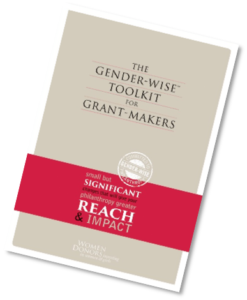 Julie Reilly, CEO of the Australian Women Donors Network (AWDN) writes: While many philanthropists fund initiatives or organisations that support women, disturbingly few apply a gender lens to all areas of funding and philanthropic practice or keep data on the percentage of their grant distributions that benefit women. Consequently, despite the best intentions of funders, women and girls are underserved and this is often masked by a lack of reliable gender data in the philanthropy and non-profit sector.
Julie Reilly, CEO of the Australian Women Donors Network (AWDN) writes: While many philanthropists fund initiatives or organisations that support women, disturbingly few apply a gender lens to all areas of funding and philanthropic practice or keep data on the percentage of their grant distributions that benefit women. Consequently, despite the best intentions of funders, women and girls are underserved and this is often masked by a lack of reliable gender data in the philanthropy and non-profit sector.
Our Gender-Wise Toolkit for Grant-Makers was produced in response to a demand by funders who had read our guide to gender-wise philanthropy and wanted simple ‘how to’ tools to implement a more equitable approach. The toolkit provides a set of practical steps which grantmakers can take to ensure that women and girls are brought into clear focus in grantmaking decisions. It encourages a gender analysis of the problem or issue being addressed and suggests a series of simple steps and questions to better inform funders in their decision-making. The toolkit includes a sample website statement in support of gender equality, gender-wise guidelines for grant-seekers as well as questions to include in application forms, progress reports and assessment criteria. Today, our toolkit has been embraced by leading funders in Australia, and is being adapted for use in Germany and the UK.
To request a free toolkit go to: http://www.womendonors.org.au
OSF adopts a feminist analysis
Kavita N. Ramdas, director of the women’s rights programme at Open Society Foundations (OSF) writes: OSF’s women’s rights programme is determined to ensure that gender justice is central and visible in our quest for open societies. Our support of feminist movements allows grantee partners to build enabling environments for feminist activism, community mobilisation, and advocacy. At the same time, we also believe in bringing feminist voices into the deliberations of the OSF network to inform and illuminate our own strategy discussions. We seek to walk the talk inside OSF mirroring our support of the field outside.
Open societies can only exist when all people have voice, agency, and power. At a time when the world is facing extraordinary challenges to freedom, open societies and women’s bodies are a defining battleground in this struggle. Not surprisingly, feminist and queer movements are leading the charge against patriarchal, authoritarian governments. Yet in 2017, women-led organisations received a meagre 6.7 per cent of global philanthropic support. To rise to this challenge, philanthropy must question siloed models – we desperately need intersectional approaches to our funding which look more systematically at structures of oppression.
We are clear that using an inclusive and intersectional feminist framework will strengthen all our leadership in our fight for open societies. As poet and civil rights activist Audre Lorde once said: ‘There is no such thing as a single-issue struggle because we do not live single-issue lives.’
Philanthropy’s gender pay gap
Light has finally begun to be shed on gender pay gaps around the world.
In the UK, for example, all organisations with more than 250 employees are required to publish their gender pay gap. The UK’s largest foundation, the only one with more than 250 staff, the Wellcome Trust, notes a ‘17.4 per cent median gender pay gap on 5 April 2018’, better, it remarks, than the previous year’s gap of 20.8 per cent ‘and slightly better than the 2017 UK average of 18.4 per cent’. To redress the balance, Wellcome is collecting better diversity data, training staff in mitigation of bias and introducing ‘fairer ways to recruit, support and retain women at senior leadership levels’. Most foundations and charities attribute a gender pay gap principally to the disproportionate number of men or women at different levels of the institution, with most of the highest-paid senior roles held by men. In an Alliance reader survey conducted in September 2018, over 80 per cent of respondents believed there was a gender pay gap in the philanthropy sector.
Campaigning for gender equality and women’s rights
 Philanthropy Advancing Women’s Human Rights (PAWHR)
Philanthropy Advancing Women’s Human Rights (PAWHR)
PAWHR is a network of large foundations which includes Ford, Gates, Hewlett, Open Society, NoVo, Oak and the Sigrid Rausing Trust. Set up in 2014, it aims to increase collaboration and knowledge about women’s human rights issues by sharing grantmaking strategies, to advocate for more women’s human rights philanthropy and to provide a platform for joint advocacy. Its Strategic Collaborations to Leverage Resources fund aims to support the growing joint fundraising efforts of smaller women’s rights organisations, especially in the Global South, whose work is often overlooked by funders in favour of larger INGOs.
http://www.pawhr.org
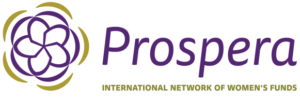 Prospera
Prospera
Prospera is a network of women’s funds. Rather than being a funder in its own right, it sees itself as a means of enabling collaboration between members to mobilise resources and develop technical skills and knowledge. It embraces 38 women’s funds which collectively provide grants in over 170 countries of $66.3 million a year. Nine of the funds are based in Latin America, seven in Eastern Europe, six in North America and five in each of Western Europe, Africa and Asia. The scope of their grantmaking ranges from national to international.
https://www.prospera-inwf.org/
 Count Me In! Consortium
Count Me In! Consortium
Count Me In! Consortium (CMI!) is a joint initiative led by Amsterdam-based international women’s fund Mama Cash, which includes the sex worker-led Red Umbrella Fund, together with the Association for Women’s Rights in Development, CREA, Just Associates and the Urgent Action Sister Funds. The Dutch Ministry of Foreign Affairs selected Count Me In! as a strategic partner under its Dialogue and Dissent policy framework awarding CMI! €32 million from 2016-2020. The Dutch gender platform WO=MEN is a strategic partner for lobbying and advocacy. CMI!’s aims are to prevent gender-based violence, uphold the economic rights of women, girls, and trans people, and advocate for more sustainable resourcing of feminist movements. Projects it has supported include the Our Bodies, Our Lives campaign, an initiative in Malawi to demand accountability and improve healthcare for HIV-positive people.
https://tinyurl.com/count-consortium
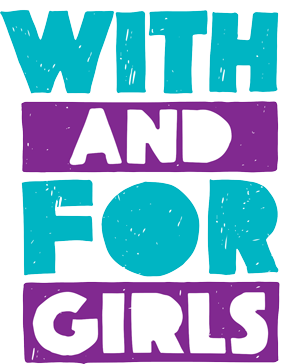 With and For Girls
With and For Girls
With and For Girls describes itself as the ‘world’s only participatory fund by and for adolescent girls’. The fund grew out of a commitment at the 2014 Girl Summit to create an annual awards initiative that would contribute $1 million to empowering local organisations working with and for girls. Partners include Stars, Nike and NoVo Foundations, Mama Cash and the Global Fund for Women. The fund’s focus is on action for, and investment in, organisations and initiatives that amplify the voice and agency of girls to determine the course of their own lives and the development of their own communities and countries.
http://www.withandforgirls.org/
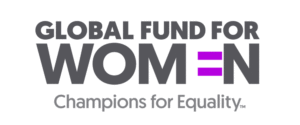 Global Fund for Women
Global Fund for Women
The Global Fund for Women works for women’s sexual and reproductive health and rights, freedom from violence, economic justice, and leadership. A public foundation, the Global Fund relies on fundraising for its resources. Through its grants, it supports organisations working on these issues led by women, girls and trans people, identifying relevant projects through its network of over 2,000 advisers and partners. In the financial year 2017 (the latest for which figures are available), it awarded $10.2 million to work spread across 60 countries.
http://www.globalfundforwomen.org
 Leading from the South
Leading from the South
Leading from the South (LFS) is a feminist philanthropic fund financed by a $46 million fund from the Dutch Ministry of Foreign Affairs over four years. The alliance is managed by African Women’s Development Fund, Fondo de Mujeres del Sur, International Indigenous Women’s Forum/AYNI Fund, and Women’s Fund Asia. LFS’s principal objective is to support organisations across the Global South to scale up their strategies for political, social, and economic empowerment of women.
http://www.leadingfromthesouth.org
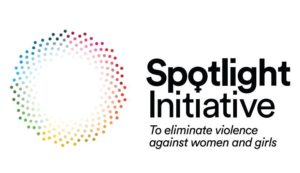 Spotlight Initiative
Spotlight Initiative
The Spotlight Initiative, which aims to eliminate all forms of violence against women and girls, is a multi-year programme launched by the EU and UN. Designed as a contributory element towards achieving Goal 5 of the SDGs on women’s empowerment, Spotlight brings together public, private and philanthropic donors in a Multi-Partner Trust Fund to build on an initial €500 million, the bulk of which has been contributed by the EU. Its first programme, Safe and Fair: Realising women migrant workers’ rights and opportunities in the ASEAN region, was launched in late 2017. Programmes were also launched in Latin America and in Africa last year.
https://spotlightinitiative.org
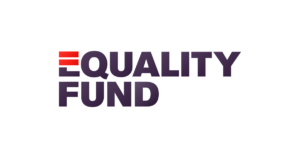 Equality Fund
Equality Fund
Based in Canada, the Equality Fund supports women’s rights organisations and feminist movements in Canada and around the world, primarily by providing financial resources and strengthening organisations working at the grassroots but also globally. It is sponsored by MATCH International Women’s Fund whose make-up includes mainly Canadian, but also international partners such as AWDF, PAWHR, Toronto Foundation and Community Foundations of Canada, and financial institutions including Royal Bank of Canada and fund managers Yaletown Partners and Calvert Impact Capital.
http://www.equalityfund.ca
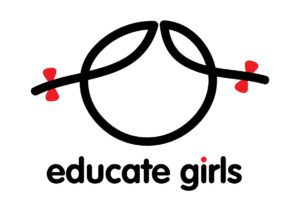 Educate Girls
Educate Girls
Indian NGO, Educate Girls, has pioneered the use of development impact bonds (DIBs) to ensure the quality at scale of its programme to ensure girls are enrolled and remain in school. Supported by the UBS Optimus Foundation and the Children’s Investment Fund Foundation, the first DIB applied to education and designed to serve as a proof of concept, ran from 2015-18 with a budget of $270,000. It reached 7,300 children, covering 166 schools across 140 villages in Bhilwara, Rajasthan, and surpassed its target outcomes, reaching 116 per cent of its original enrolment goal and 160 per cent of its learning outcomes target.
http://www.educategirls.ngo
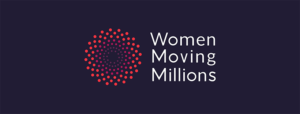 Women Moving Millions
Women Moving Millions
Following pledges by Helen LaKelly Hunt and Swanee Hunt, Women Moving Millions (WMM), a global collective of women making gifts of $1 million or more for the advancement of women and girls, was set up in 2007 in partnership with the Women’s Funding Network. Following an initial round of pledges which raised over $181 million by 2009, an enduring organisation was set up, funded by members of the collective and a $1.5 million dollar seed grant from J P Morgan Chase. WMM now has over 300 members, women and men, in 14 countries. Collectively, members have made gift commitments of over $650 million.
https://womenmovingmillions.org
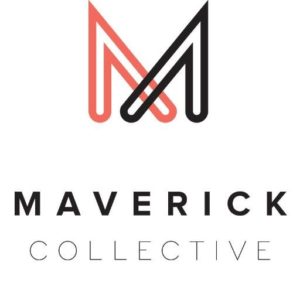 Maverick Collective
Maverick Collective
The Maverick Collective does not work exclusively with women and girls (one of its focus areas is water, sanitation and hygiene), but they are its main area of concern. Set up under the aegis of Population Services International in partnership with the Gates Foundation (Melinda Gates was the initial co-chair), Maverick makes seven-figure investments in a number of projects to improve the health and well-being of women and girls around the world. Current investments include using youth-powered design to reduce unintended pregnancies among young people in Vietnam, building a brighter future for girls in Côte d’Ivoire and improving sexual, reproductive and menstrual health for teen girls in Nepal.
http://maverickcollective.org
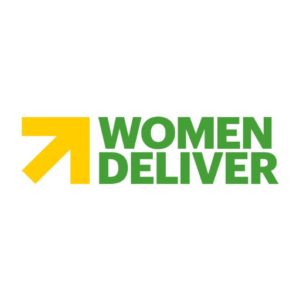 Women Deliver
Women Deliver
Through advocacy and outreach Women Deliver aims to catalyse action and investment in the health and rights of women and girls. It is best known for its international annual conference on gender equality and the health, rights, and well-being of women and girls. Notable among its initiatives is its Young Leaders Programme begun in 2010, which has engaged nearly 700 young people to be global leaders for advancing gender equality and the sexual and reproductive health and rights of women and girls.
https://womendeliver.org
 Women’s Philanthropy Institute
Women’s Philanthropy Institute
Housed at the Lilly Family School of Philanthropy at Indiana University, the Women’s Philanthropy Institute researches and teaches about women as donors, rather than as recipients. The institute sees women harnessing their growing wealth and influence to create a more just, equitable, and healthy society and seeks to understand how gender shapes giving behaviour ‘to conduct, curate, and disseminate research that grows women’s philanthropy’.
https://tinyurl.com/WPI-Lilly
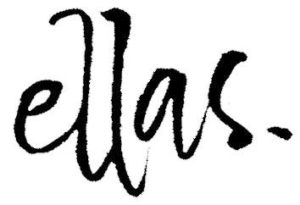 ELLAS
ELLAS
Based in Argentina, at CEDES (Centro de Estudios de Estado y Sociedad), ELLAS is a group of Latin American women who came together to stimulate the formation of a new generation of women philanthropists. To this end, in 2014 ELLAS launched Project ELLAS: Women in Philanthropy to help create a movement for philanthropy among women of all ages and incomes. Among its activities is the development of innovative and accessible means of giving.
http://www.ellasfilantropia.org
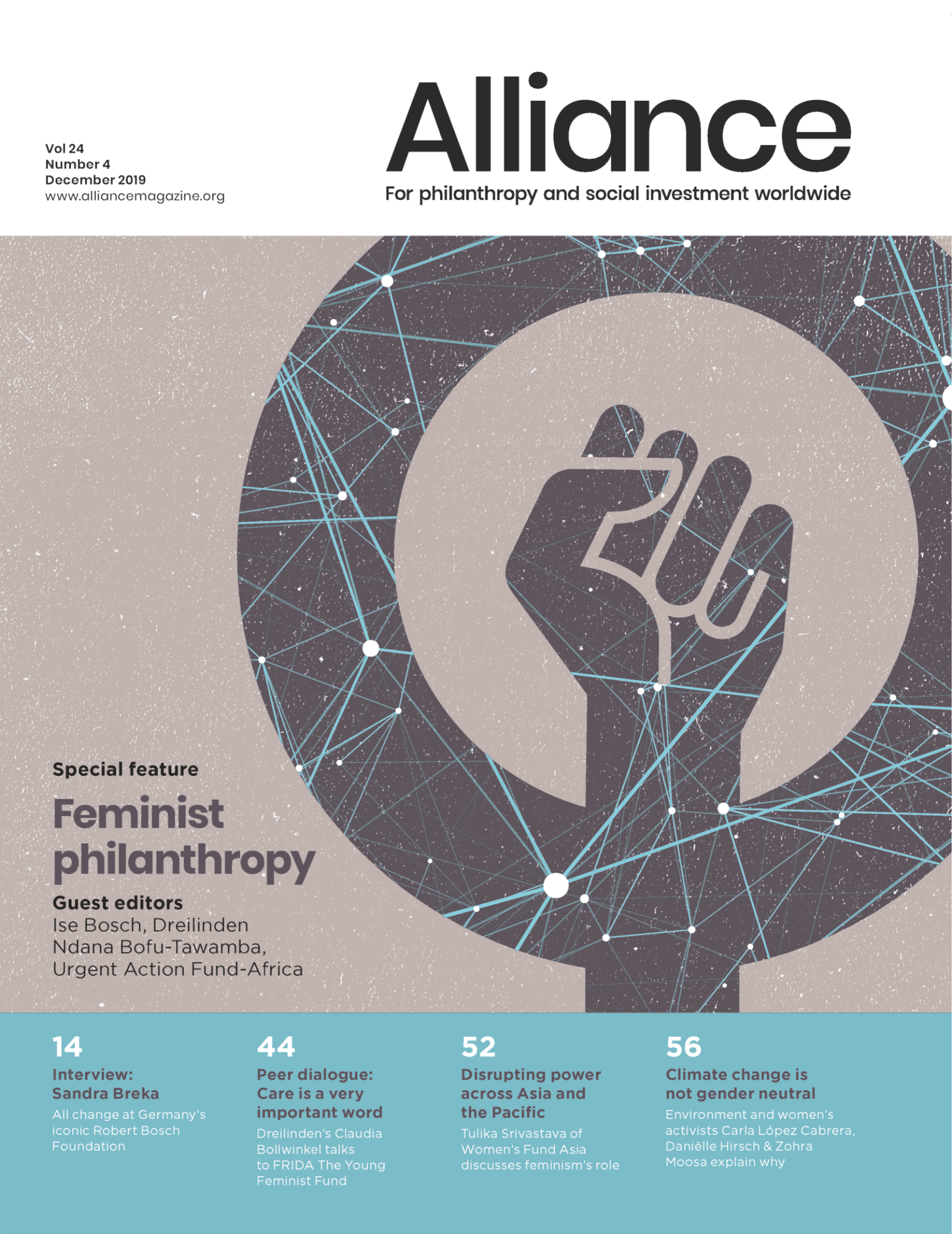

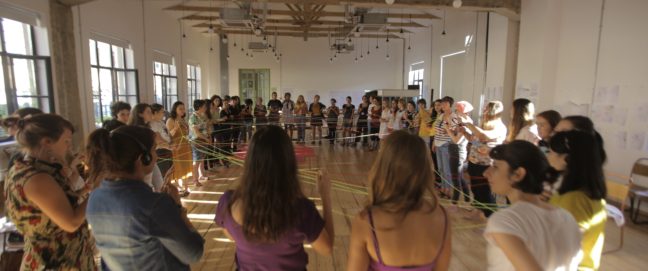

Comments (0)